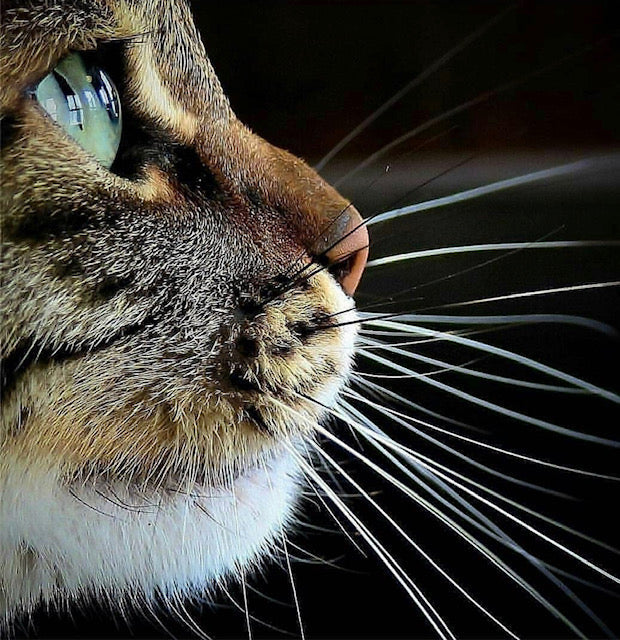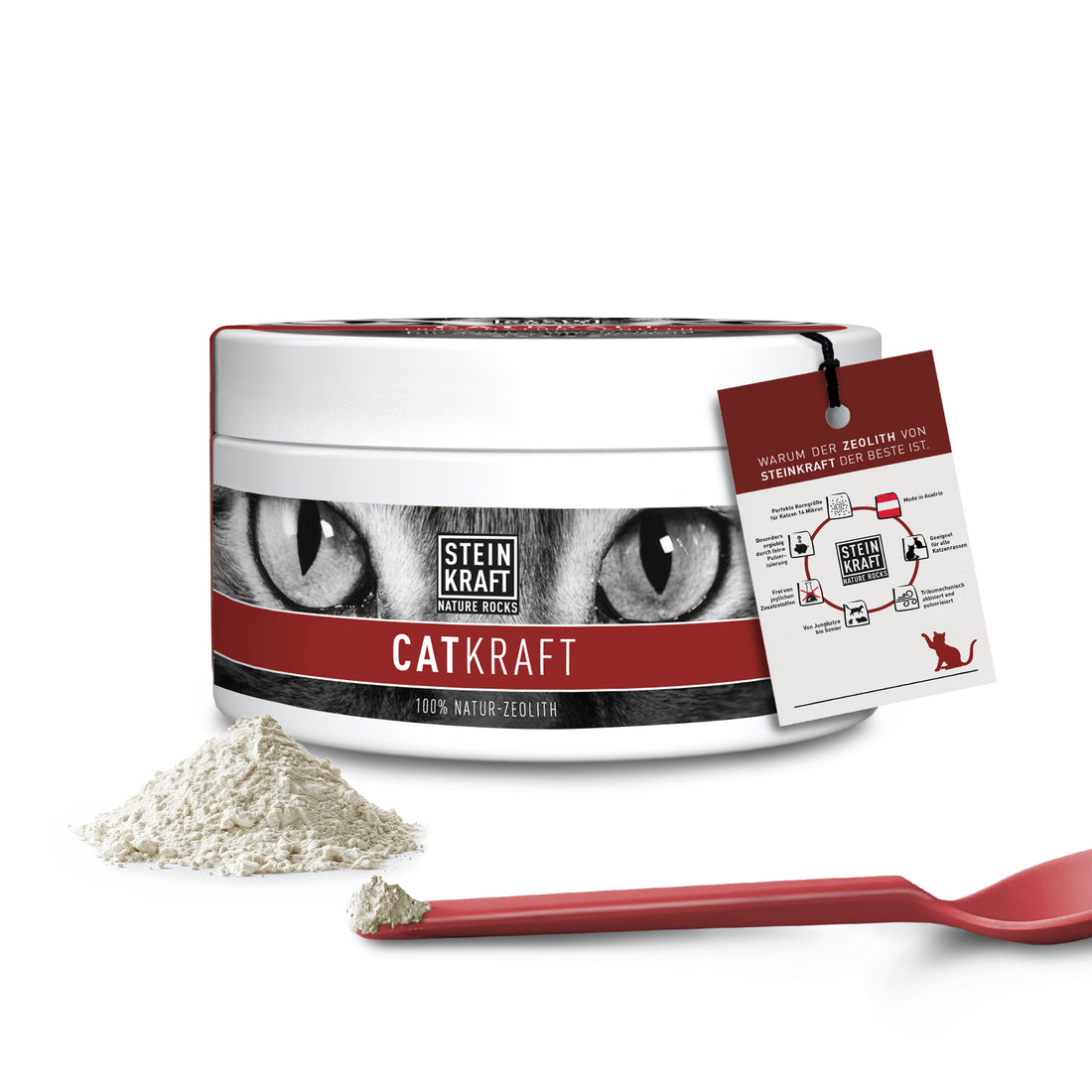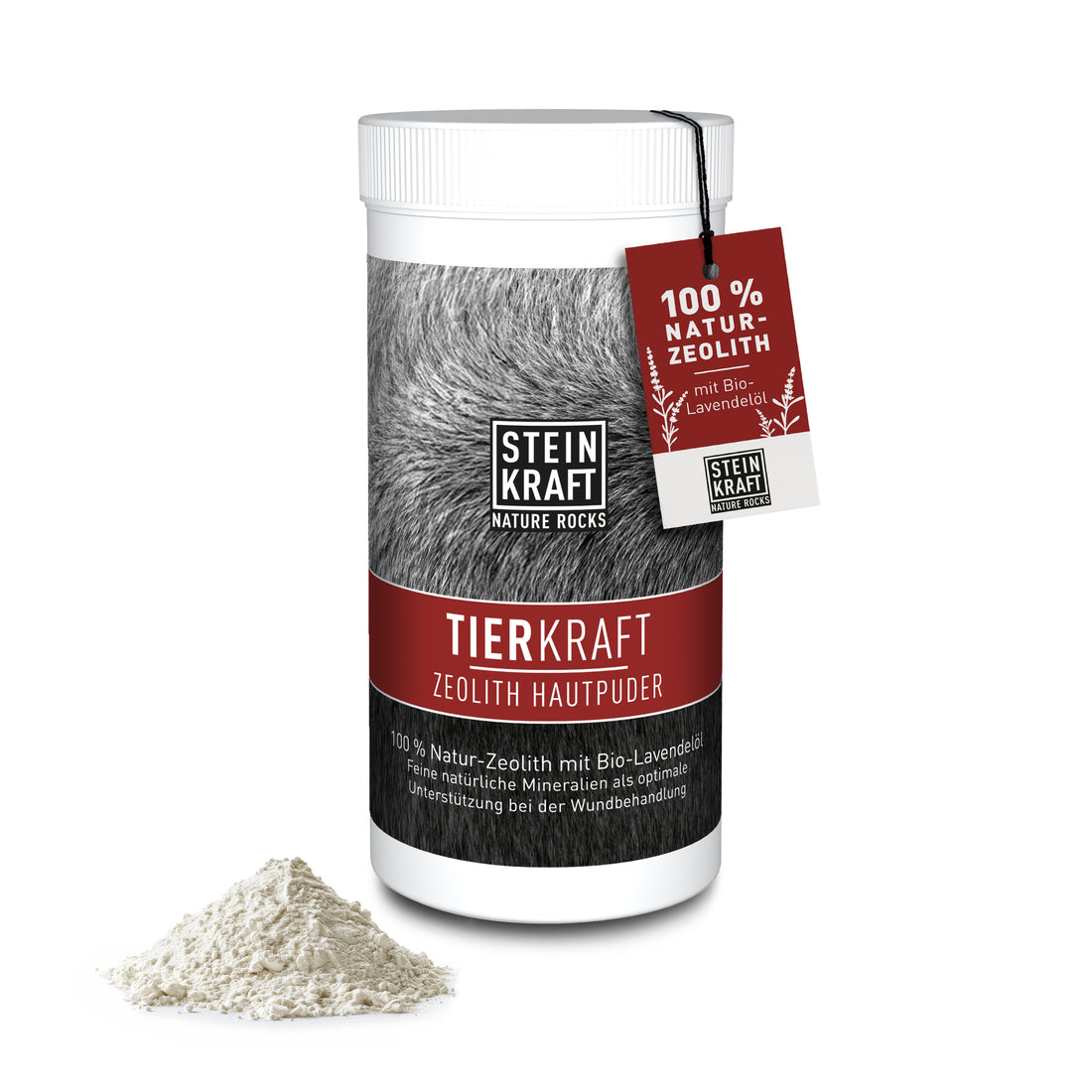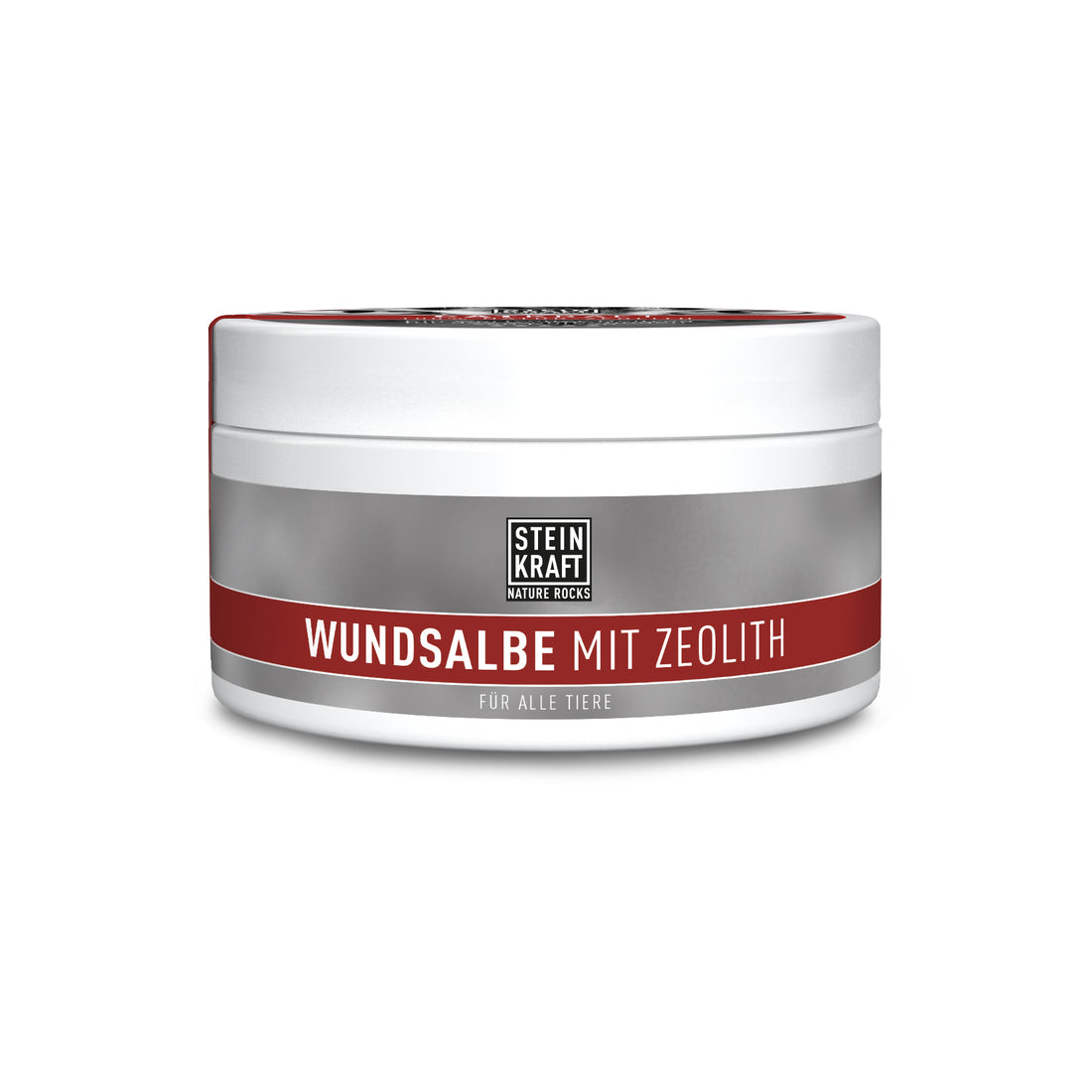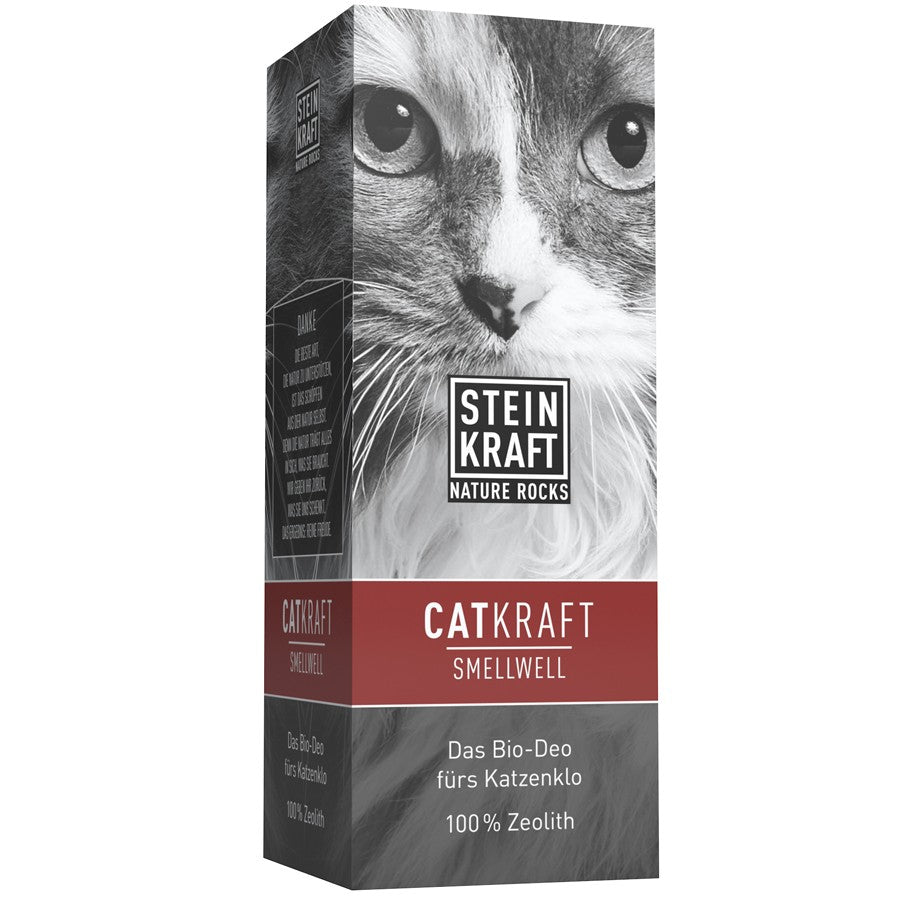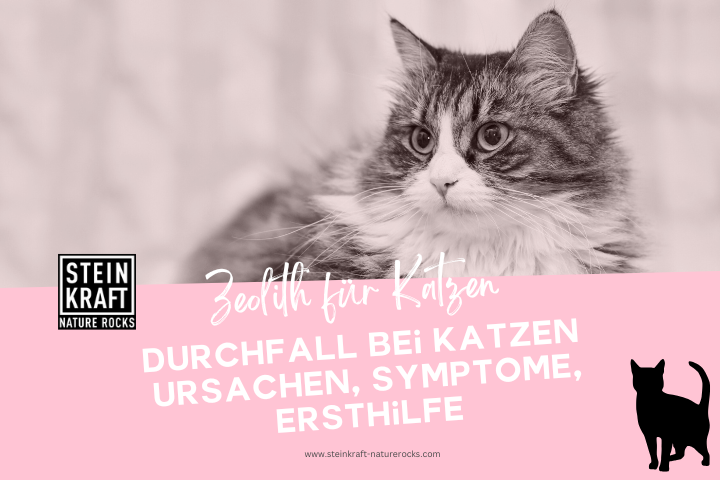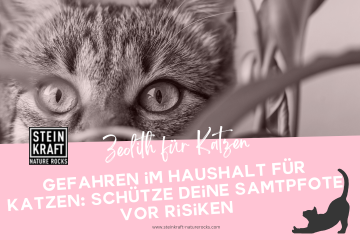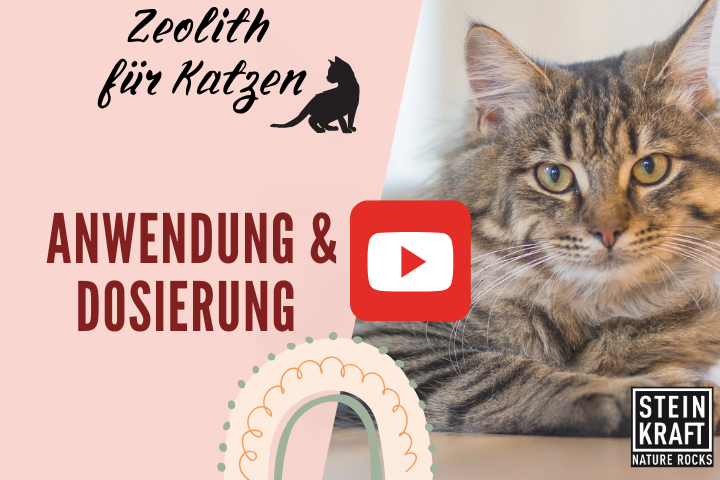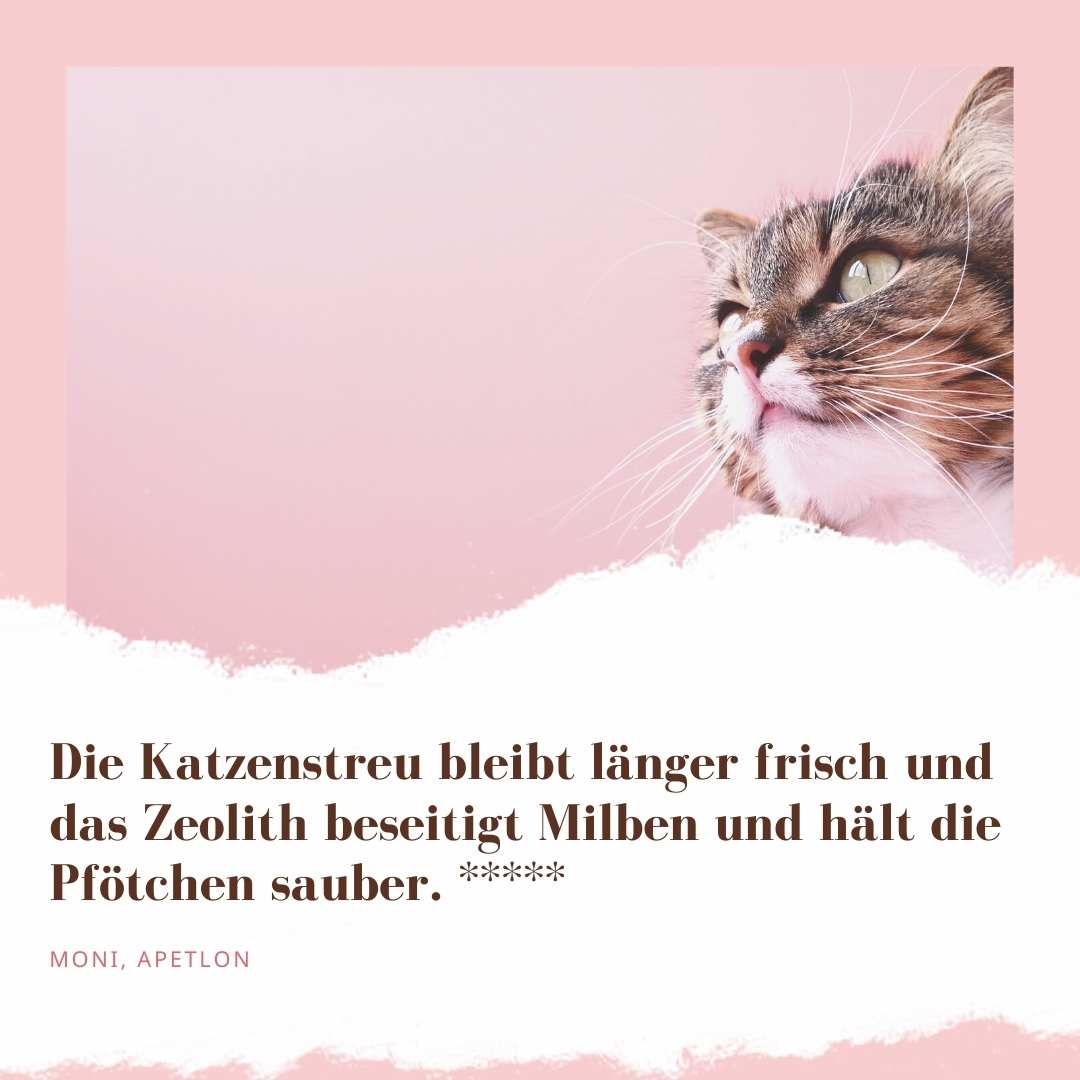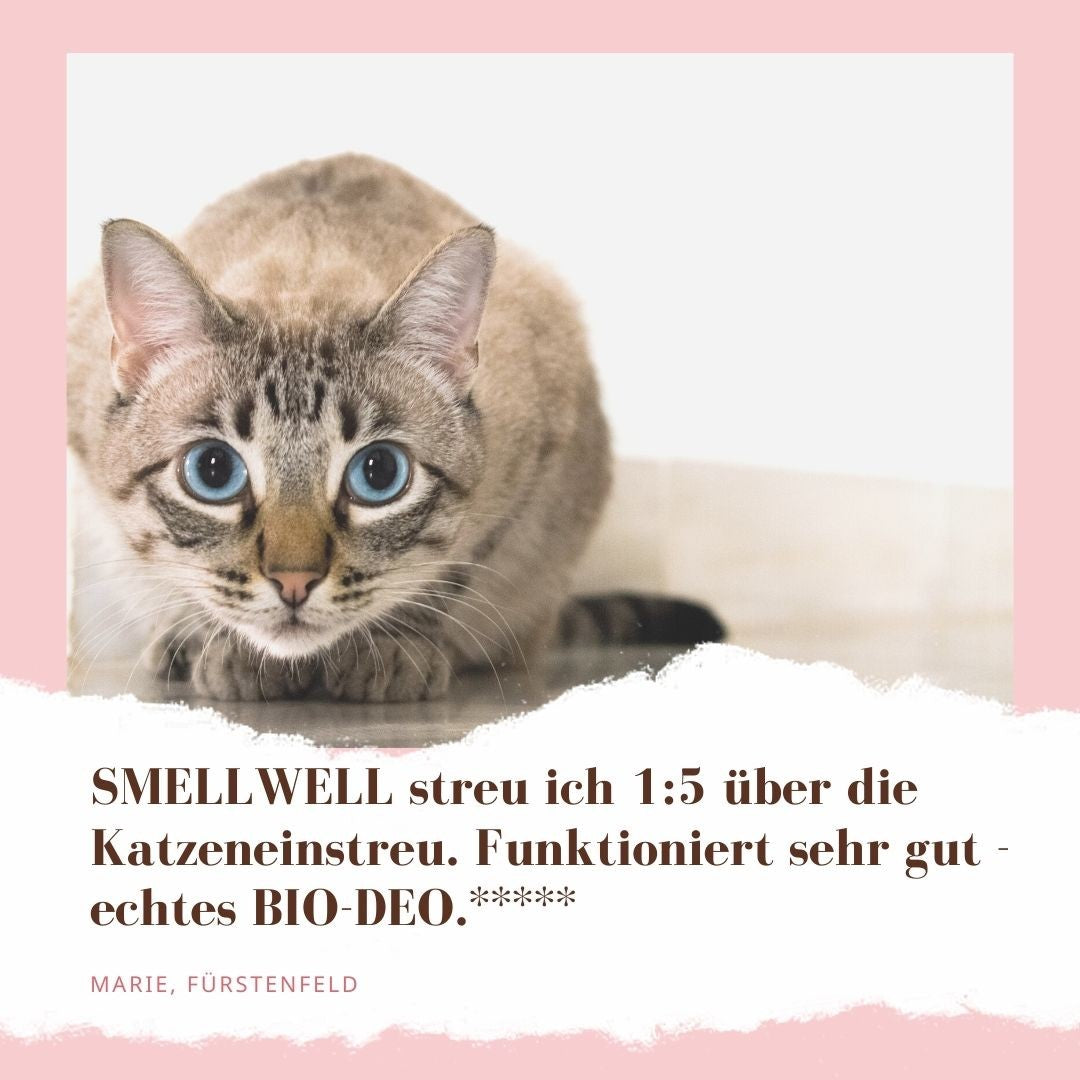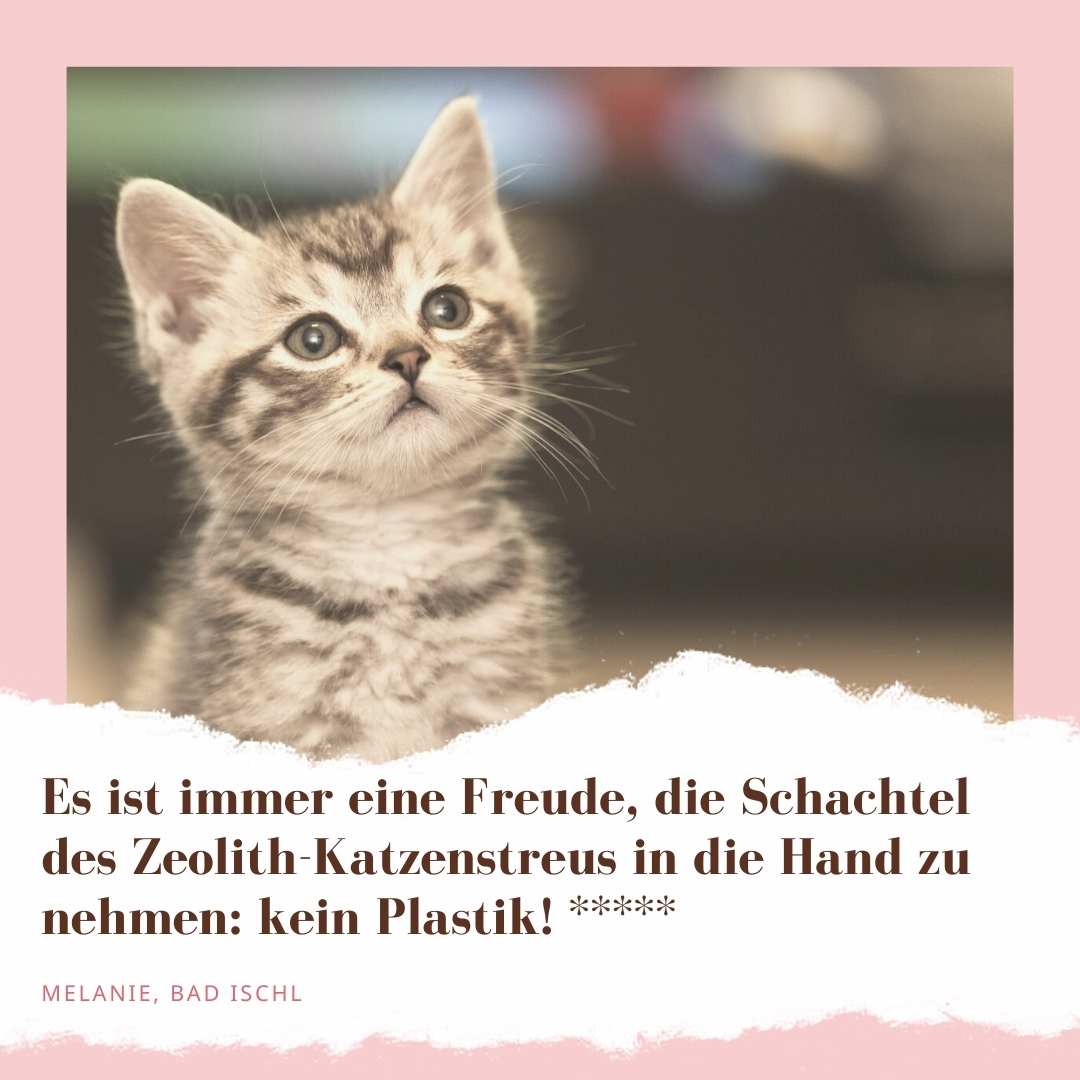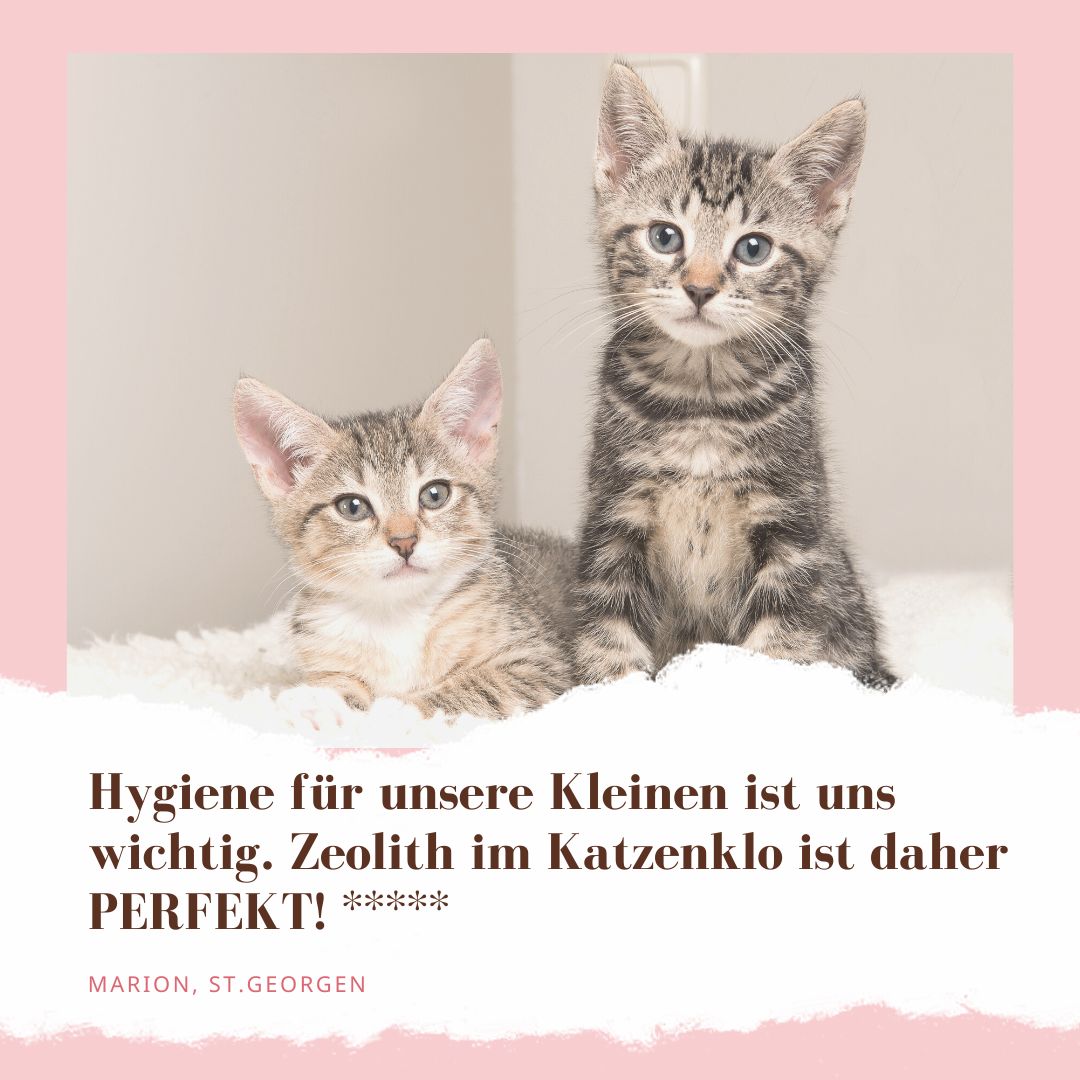Cats love to curiously roam around the house, exploring and discovering everything – but they can also encounter some dangerous things along the way. As a cat lover, it's important to be aware of the dangers that could lurk in our homes. Here are some of the most common risks and how we can protect our cats from them.

-
Poisonous plants: Many houseplants are poisonous to cats and can cause serious health problems if they come into contact with or are ingested. The most common poisonous plants include:
- Lilies: These are extremely toxic to cats and can cause kidney failure even if only small amounts of pollen or leaves are ingested.
- Ivy, azaleas, and oleander: These plants can cause poisoning, causing vomiting, diarrhea, and even more serious symptoms.
-
Cyclamen, poinsettia, and philodendron: These plants are also not cat-friendly. Ensure your cat does not have access to poisonous plants and, if possible, choose cat-friendly alternatives.
-
Cleaning products and chemicals: Many cleaning products, disinfectants, and chemicals we use around the house are highly toxic to cats. Things like bleach, ammonia, and car cleaners can also be dangerous. Always keep cleaning products out of your cat's reach and securely close the bottles. When cleaning, be careful to ensure no cleaning product residue remains in areas your cat can access.

-
Cables and electrical devices: Cables and electronic devices like toasters, televisions, or computers can also pose dangers to your cat. Curious cats may try to chew on cables, which can lead to electric shocks or even fires. It's a good idea to hide or secure cables and keep dangerous devices out of reach.
-
Foods that cats can't tolerate: Many people eat foods that are toxic to cats without realizing the danger. The most common and dangerous foods include:
- Chocolate: It contains theobromine, which cats cannot break down and which can lead to symptoms of poisoning.
- Onions and garlic: These foods can damage your cat's red blood cells and lead to anemia.
- Alcohol: Even small amounts of alcohol can be dangerous for cats and lead to poisoning.
-
Caffeine: Caffeine found in coffee bean hulls, tea, or caffeinated beverages can be dangerous for cats and cause irregular heart rhythms or tremors.

-
Small objects and toys: There are many small household items that can be dangerous for cats. Toys with small parts that could be bitten off or swallowed are especially dangerous. Things like hair ties, rubber bands, sewing needles, and small toy parts could also be swallowed and cause serious blockages or injuries. Make sure small objects are always out of your cat's reach.
-
Open windows and balconies: An open windowsill or balcony can be tempting for cats, but it can also pose a serious danger. Cats are often not afraid to jump from high places, which can cause serious injury or even death. Secure windows and balconies to prevent your cat from accidentally falling out.

-
Medications: Many medications intended for humans can be extremely dangerous for cats. Painkillers like paracetamol or ibuprofen are particularly toxic and can cause severe poisoning. If you have medications in the home, keep them safe and never give them to your cat without veterinary advice.
-
Cat food that's too old or improperly stored: Even if cat food isn't directly toxic, it can spoil if stored improperly or past its expiration date. Make sure food is always stored properly to prevent food poisoning. Also, avoid giving your cat expired or poorly stored treats.

Bottom line: Most household hazards can be avoided with caution and a little attention. Keeping your cat in a safe and cat-friendly environment can minimize many of these risks. Check regularly for new hazards and create an environment where your cat can enjoy its adventures undisturbed and protected.


